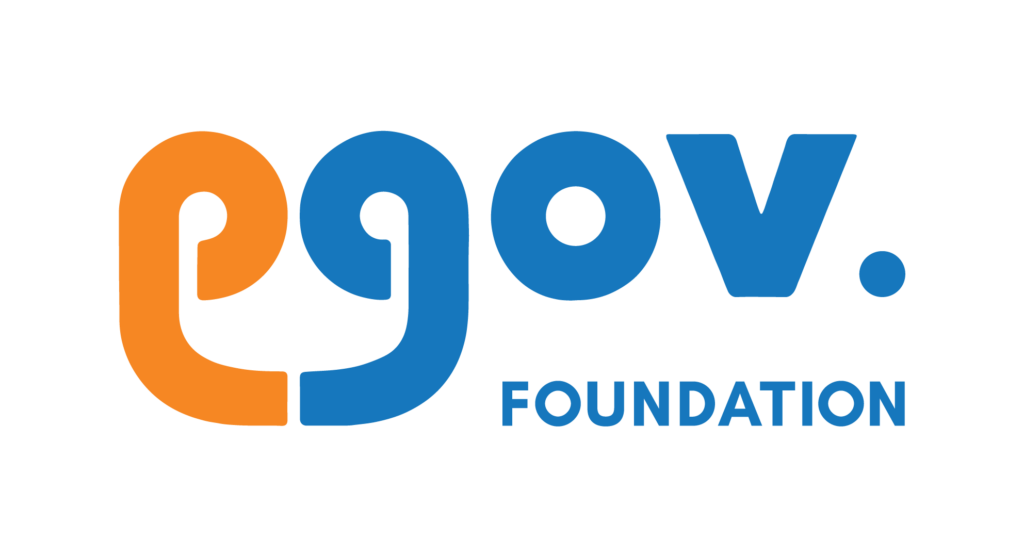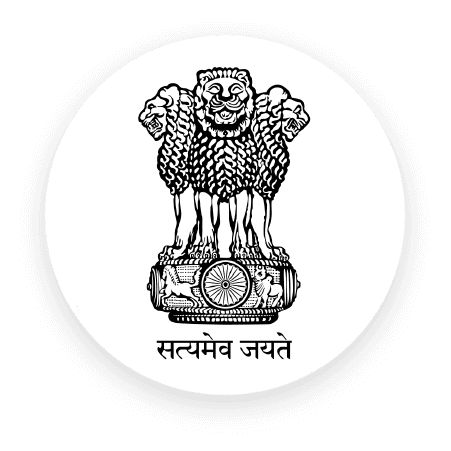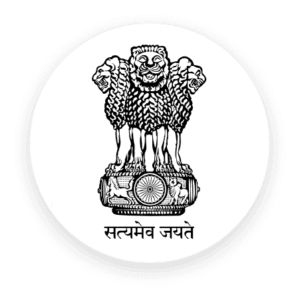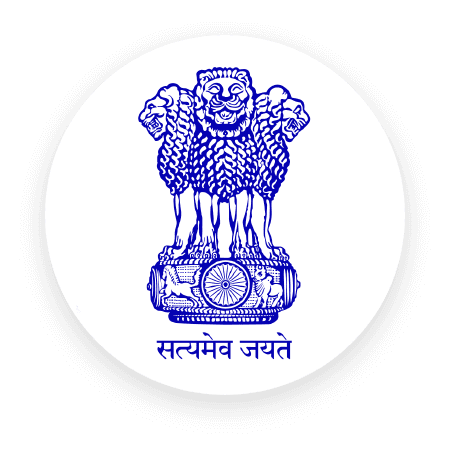This newsletter covers the trending topic for all i.e Artificial Intelligence and its intersection with GovTech in India.Globally AI fever is at an all-time high. With every function or deliverable being ‘improved’ by AI, the need for faster delivery of service, at a cheaper cost is increasing the need and supply of AI. The adoption of AI at a fast rate could come at the cost of neglecting data ethical, protection, and privacy principles.
In this newsletter, we understand why principles of data protection, ethics, and privacy are important whilst building AI models and their foundational need while creating Govtech AI systems in India.
Why are data ethics, protection , and privacy principles important for AI development?
AI does what the data fed to it tells it to do. To showcase how these principles are important while developing AI, a few scenario’s picked from the handbook on Data Protection and Privacy for Developers of Artificial Intelligence (AI) in India: Practical Guidelines for Responsible Development of AI( would highly recommend everyone to read) are given below.
- Mitigating bias and maintaining fairness -A loan applicant comes to know that her bank has denied a loan application to start a new business. A male friend of hers with the same credit rating and similar economic background is granted the loan. The bank tells her that their AI enabled system considered her application and rejected her loan. On further investigation, it is revealed that in its 100 years of existence, the percentage of loans granted to unmarried women was less than 1 percent is training data was fed into the AI-enabled system. This is just a one-off instance of bias caused by data.
- Transparency – If the woman has no knowledge of AI and responds that she has never defaulted on bills and this is the first time she is applying for a loan and the bank employee tells her that he does not understand the decision-making either. This restricts the woman’s ability to contest automated decisions.
- Accountability – She wants to appeal the decision, but the banker is unable to guide her to the appropriate authority. This creates a vacuum on why she was denied the loan and an option to review the process.
- Security – In her loan application, she said that the purpose of the loan was to start a fertilizer business. The next day, she starts receiving calls and email advertisements for purchasing wholesale fertilizers, rubber gloves etc. When she approaches the bank, the bank tells her that they do not share personal information with third parties. AI technology provider also says that they do not harvest and sell data. On further diagnosis, it is revealed that someone has breached the AI-enabled system and stolen data including sensitive data.
- Privacy – In her loan application, she said that the purpose of the loan was to start a fertilizer business. The next day, she starts receiving calls and email advertisements for purchasing wholesale fertilizers, rubber gloves etc. When she approaches the bank, the bank tells her that they do not share personal information with third parties. On further investigation, it is revealed that the AI-enabled system that determines whether or not loans should be granted is selling personal information to third parties.
In all of the above scenarios, the AI system decided to be its own creator, benefactor, and regulator. It was designed to not take into consideration the fundamental principles of data ethics and individual rights.
Here’s the point to note – AI ain’t completely wrong, it’s the absence of steps taken at the pre-processing stage of its development that led to the citizen feeling completely lost and agitated.
The State of AI in India
India has jumped on the bandwagon of AI. AI is all pervasive and the public sector is no exception. The state governments are embracing this revolutionary technology to improve governance and delivery of public services. For example –
- Govt of Telangana began the project ‘Medicines from the Sky’ using drones for delivery of blood, vaccines, medical samples and organs
- Uttar Pradesh has deployed AI-enabled video analytics platform “Jarvis” in 70 prisons to monitor inmates
- Government of Maharashtra partnered with Haptik, a conversational Al platform, and announced a new AI-powered chatbot called “Aaple Sarkar Bot”. The chatbot provides information and helps with queries on healthcare, education, public utilities, rural development, revenue, and other public services
- Karnataka Govt. launched AI-driven hospital pods to treat COVID-19 patients. The pods are movable capsules that are infused with artificial intelligence to prevent the spread of contagious diseases such as COVID-19, TB, among others
Currently, India does not have a law that strictly demands data privacy and ethical governance. There is no intention to regulate the AI space by the Govt of India as well.
With the government being the biggest collector of data, in the absence of an accountable law, we will be unaware and have no say on what data is becoming training data, grounds for the selection of datasets, safeguards while using such datasets, and expected outcomes of the use of such training datasets. Being a victim of all of the above scenarios would be very possible.
What’s happening internationally on Artificial Intelligence?
Globally, countries are being hard on platforms like OpenAi to comply with their respective laws( GDPR in Europe) to make sure the training data used in AI is compliant with data protection, privacy, and ethical principles.
What can we do now?
In the current situation, Indian AI developers must adopt and refer to established frameworks by public bodies. Some of them are UNESCO’s Recommendation on the Ethics of AI, OECD AI Principles, the Ethics Guidelines for trustworthy AI by the High-Level Expert Group on AI set up by the European Commission, NITI Aayog national strategy for AI , and handbooks like the one mentioned above etc. Even though such references would be voluntary, the need for AI models to consist of these principles is crucial for citizen safety.
India stands at a vantage point of creating a law that can take the best learnings from the global experience in regulating AI. Regulation will come someday, however, delayed that day looks for India. In the meantime, analyzing the best practices, regulatory experiences and practical consequences of global laws and frameworks would help India create a balanced – well-tested law.
***
The Privacy Station Newsletter, curated by the Policy Team of eGov Foundation, aims to keep you informed about the latest trends and must-know topics related to Data Privacy, in an easy-to-understand manner. For the previous issues of the newsletter, click here.
| Thank you for Signing Up |


























